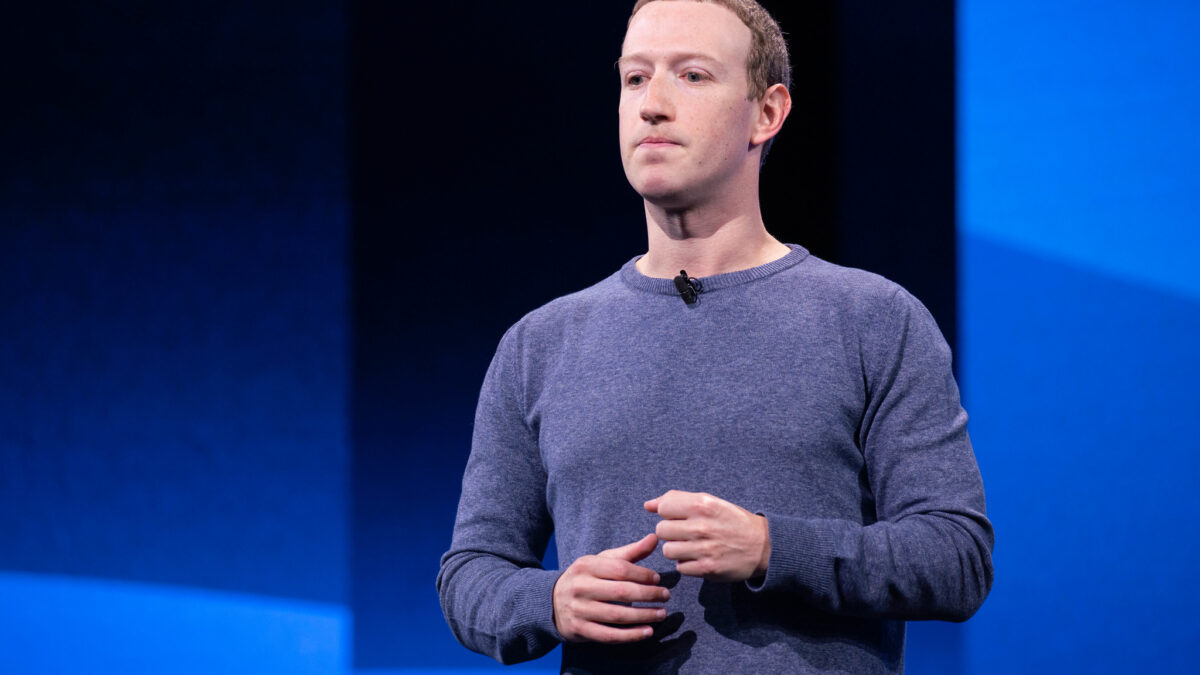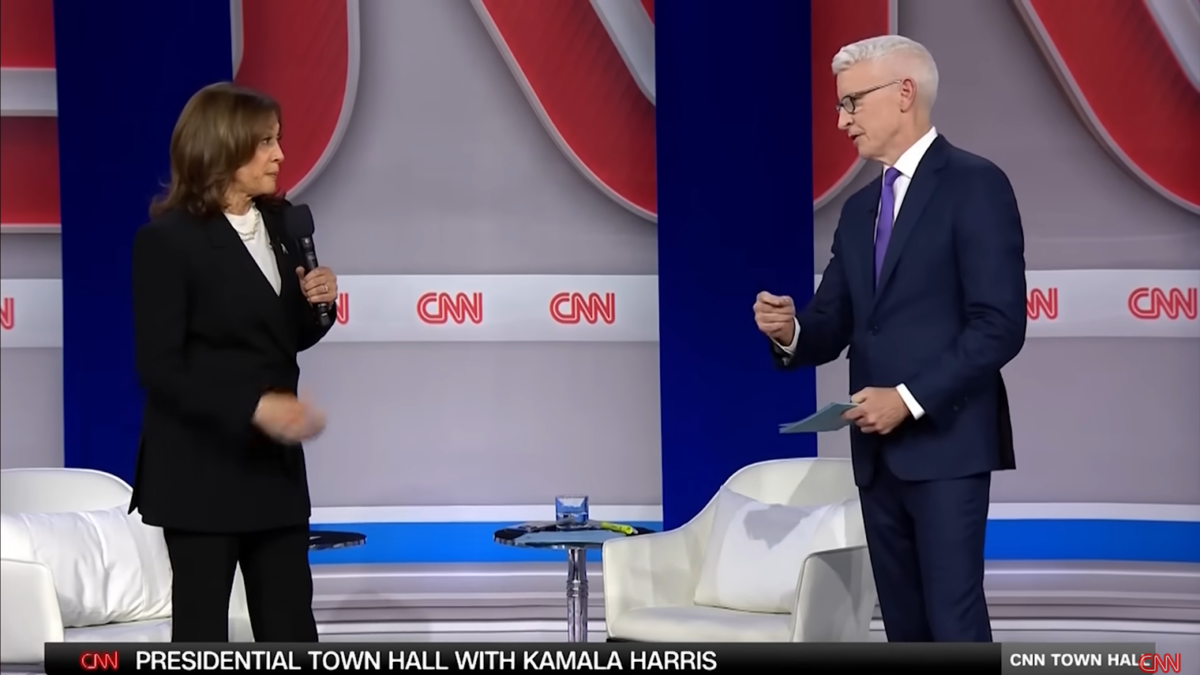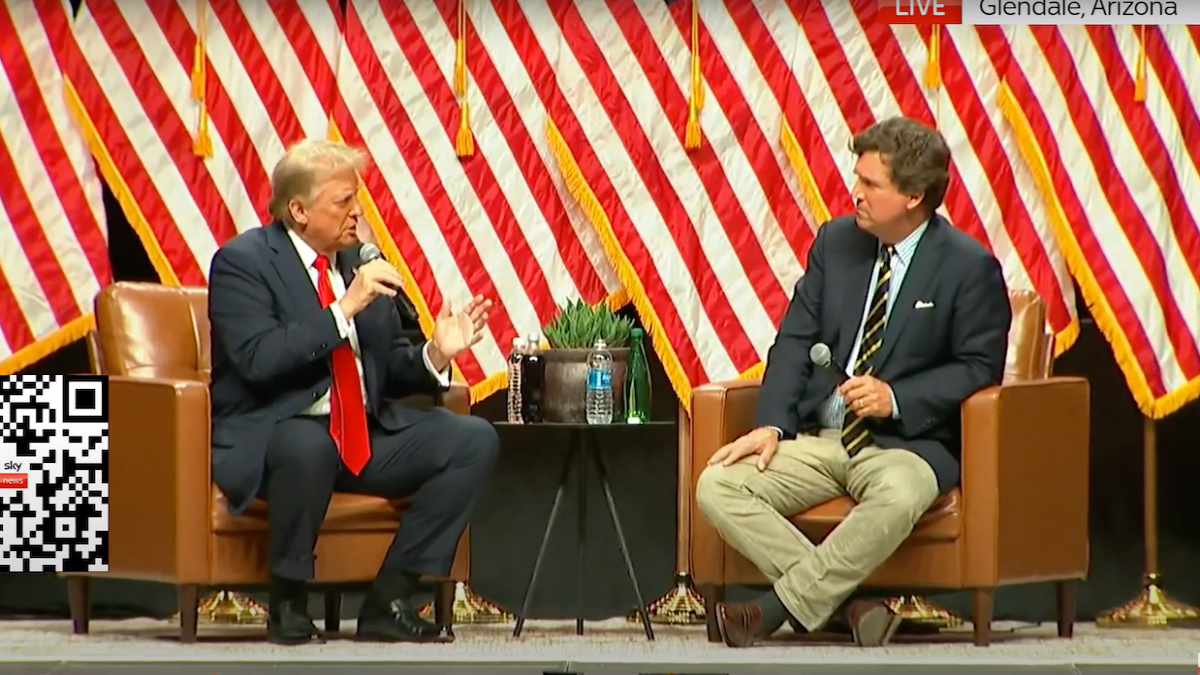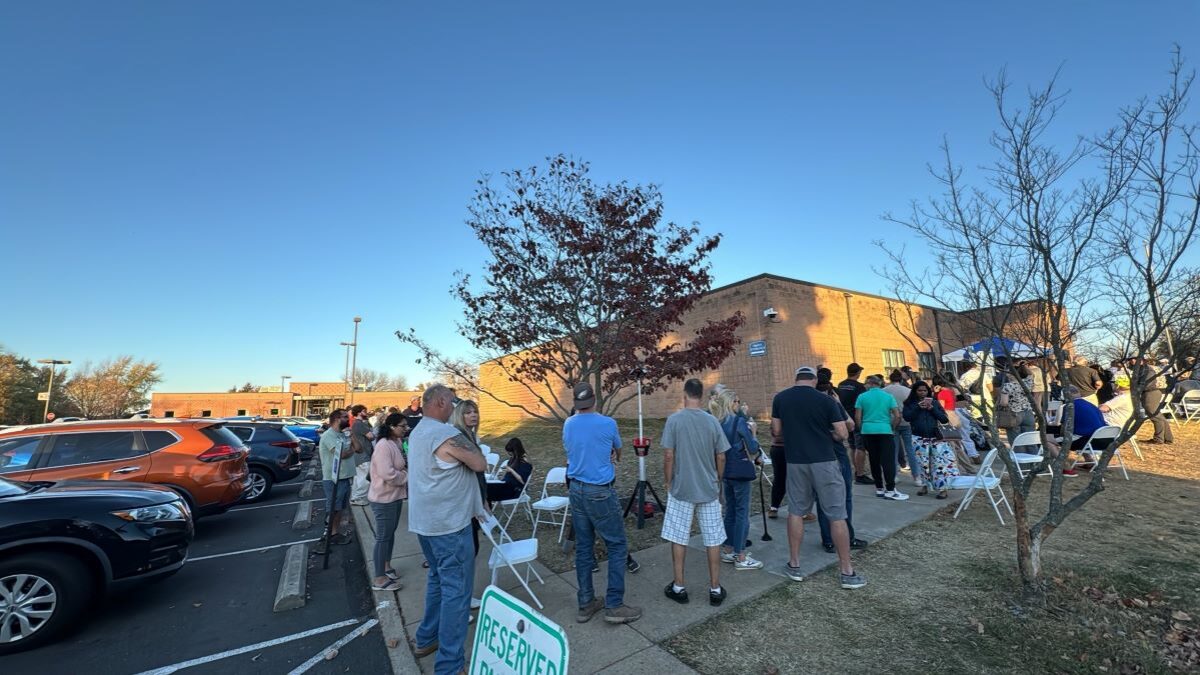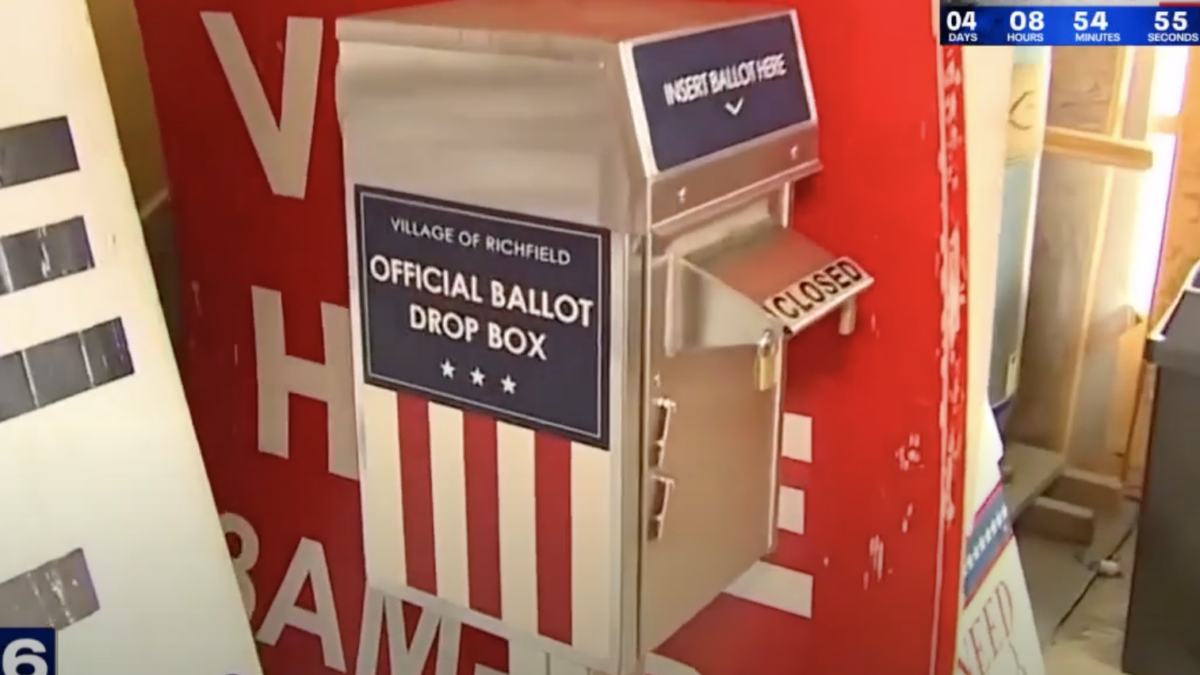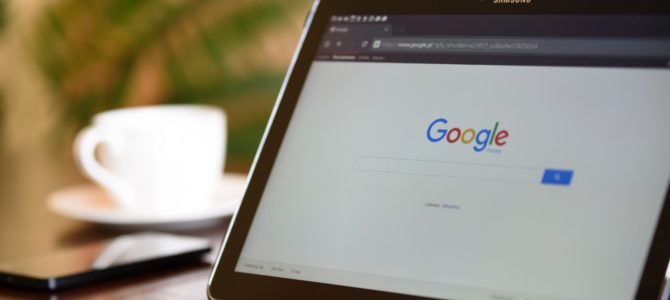
Major technology companies, a.k.a. “Big Tech,” have too much power. For too long Big Tech companies have been allowed to operate under a double-standard that has padded their wallets and eroded the liberty of American citizens.
This power is owed largely to Section 230 of the Communications Decency Act (CDA) of 1996, which gives companies like Google and Facebook legal protection when users post illicit content on their platforms. For example, when drug dealers advertise illegal opioid sales on Facebook, Section 230 gives Facebook complete immunity for any fatalities that may result from the purchase and consumption of those opioids.
Here is the problem. Facebook and other tech companies stake their broad Section 230 protections on the claim that there is no way for them to moderate illicit content, such as opioid sales, in real time. It is simply impossible, they say, to monitor hundreds if not thousands of potentially illicit posts that swarm platforms every day.
Such immunity protections are upheld despite well-documented evidence of illicit activity conducted on Big Tech platforms, such as drug trafficking, terrorist recruitment and coordination by the Islamic State and Hamas, distribution of sexually explicit content, including that involving minors, and more.
Enter the double-standard. Big Tech’s claim that they cannot possibly remove illegal content runs hollow given the time and effort they spend censoring lawful political speech.
Since the 2016 presidential election, tech companies—namely, Google, Facebook, and Twitter—have begun to censor the online content of many dissident conservative pundits, news organizations, and other accounts. In addition to outright banning from platforms, methods of censorship include “shadow-banning” (using algorithms to make content hard to find), “demonetization” (refusing to allow content creators to receive ad revenue or donations from the platform), rescinding advertisements for Republican politicians, and more.
For online content creators, such censorship means the loss of thousands if not millions of impressions, followers, and dollars they rely on. Facebook and Google have also censored liberals who oppose their agenda such as Rep. Tulsi Gabbard and Sen. Elizabeth Warren. Regardless of one’s thoughts on the politics of the people Big Tech targets, it is harmful to our national discourse and representative government when certain viewpoints are muzzled and even excluded from the free exchange of ideas.
As to the consequences of online censorship, Big Tech’s biases will no doubt affect the 2020 election. Google and Facebook, two companies who have a duopoly on online advertising and worth more than $1 trillion, have promised to “weed out disinformation” spread by “low information voters” going into the 2020 election, as Google’s CEO Sundar Pichai put it. As to what kind of voters such a campaign will target and suppress, I have yet to hear liberal, coastal elites, rather than middle Americans, labeled as “low information voters.”
Google, according to one estimate, can manipulate as many as 15 million votes in a presidential election through the usage of algorithmic techniques such as search engine manipulation effect, search suggestion effect, answer bot effect, and others. Google’s top executives worked with Hillary Clinton and tech employees donated to her campaign at a rate of 20-1 over President Trump. It is not hard to guess who will (and will not) benefit from this manipulation.
This should not be a partisan issue. Why should we entrust control of our elections to a few tech companies who face little accountability? As a conservative, I distrust any centralized entity that imperils the constitutional rights of Americans, whether from Washington D.C. or Silicon Valley.
There are roughly 70,000 drug overdose deaths in the United States annually, the danger of extremist terrorism looms larger than ever, and the obscene and other illicit content continues to thrive on Big Tech platforms. Big Tech companies are spending vast sums of capital on shaping national discourse and electoral politics by deciding who can have a voice and be elected. Therefore, they cannot in good faith argue that neither the resources nor infrastructure exist to root out terrorism, drugs, and other illicit material when lawful political speech is being extinguished.
It is time for Section 230 to be revisited. Big Tech needs to be held accountable for this double standard. As they ensnare virtually every dimension of our public and private lives, it is time for their business models to be scrutinized.



